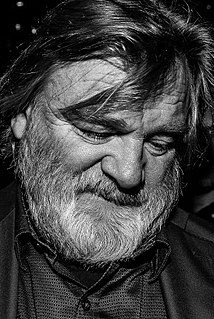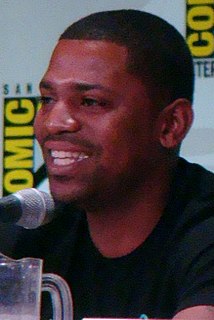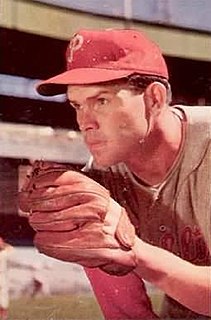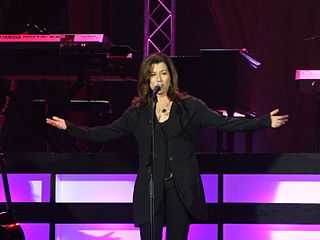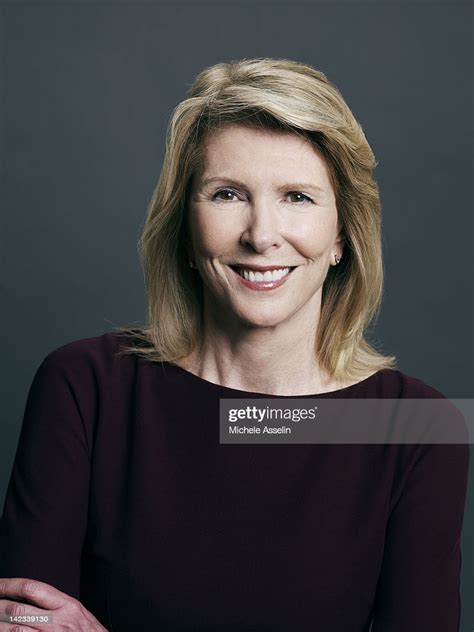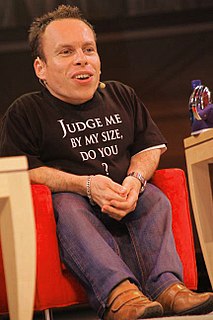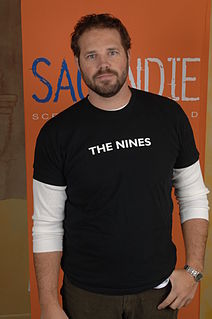A Quote by Brendan Gleeson
So, to get to play somebody who was insisting on it, in spite of all the evidence was very liberating and exciting. It went quite deep. I suppose I reference a kindness and humility that I would have seen in my parents' generation, a little bit more than now.
Related Quotes
Four- and five-year-olds' play is permeated with the rankest sexism. No matter what their parents do and say, they play their momand pop roles in ultraconventional style. We've seen little girls whose mothers are doctors absolutely refuse to take the doctors' parts in their play, insisting that "only boys can be doctors," against all reason. Girls do more washing and drying of clothes, dishes, and babies than they've ever seen their own mothers do, and they turn their play husbands into TV-watching drones who do nothing but talk about money.
I suppose the thing I most would have liked to have known or been reassured about is that in the world, what counts more than talent, what counts more than energy or concentration or commitment, or anything else - is kindness. And the more in the world that you encounter kindness and cheerfulness - which is its kind of amiable uncle or aunt - the better the world always is. And all the big words: virtue, justice, truth - are dwarfed by the greatness of kindness.
Being producer you're still going to have to sell somebody who's going to give you the money on the idea and everything like that. But it does give you a little bit more control if you're thinking in that creative process; it gives you more control to tell the story you want to tell rather than sort of just reading a script that somebody else wrote and says, "Yes, please, you can hire me for this job." So it's a little bit more hands-on, a little bit more closer to the heart.
There's one thing about freedom ... each generation of people begins by thinking they've got it for the first time in history, and ends by being sure the generation younger than themselves have too much of it. It can't really always have been increasing at the rate people suppose, or there would be more of it by now.
My generation was going to change the direction America took. I was completely convinced that we would have a very different kind of society as a result of the protests that I was part of, and I think that's partially true. We obviously never really got to what many of my generation believed was possible, but the amount of change I've seen in my lifetime, both social change and political change, is staggering. I think my generation can take a little bit of credit for that by just opening up the conversation.
Everybody talks about the entitlement generation. There is no time I'd rather live in than now, and there is no generation I would more entrust the future of this country to than this one. There is a tendency to live in a nostalgic state in this country, and to think that other generations possessed an integrity and a tenacity greater than the generation that is now. I wholeheartedly disagree with that. I believe that this is a group that will rise up to any challenge that comes before them as well as any other generation in America would have done.
But can we please stop insisting that if low-wage workers earn a little bit more, unemployment will skyrocket and the economy will collapse? There is no evidence for it. The most insidious thing about trickle-down economics is not the claim that if the rich get richer, everyone is better off. It is the claim made by those who oppose any increase in the minimum wage that if the poor get richer, that will be bad for the economy. This is nonsense.
